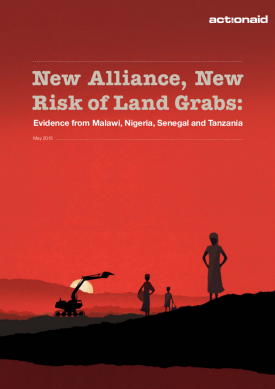Acte Additionnel N° 07/CEMAC-CCE-11 du 25 juillet 2012 portant érection du Comité Inter-Etats des Pesticides d'Afrique Centrale (CPAC) en institution spécialisée de I'UEAC.
Le présent Acte Additionnel érige le Comité Inter-Etats des Pesticides d'Afrique Centrale (CPAC) en Institution spécialisée de l’Union Economique de l'Afrique Centrale (UEAC). Ses modalités d'organisation et de fonctionnement du CPAC seront redéfinies si nécessaire par Règlement du Conseil des Ministres de I'UEAC.







